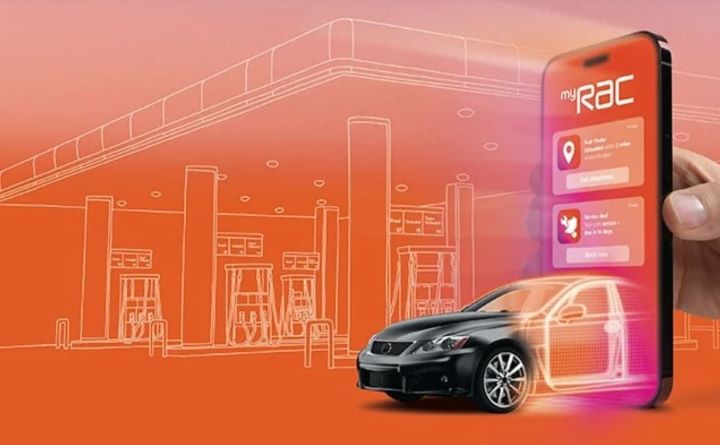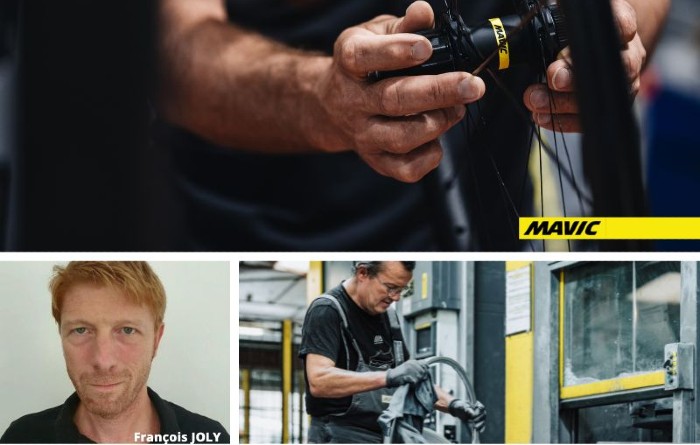Adam Tranter shares key insights from new RAC Report on Motoring
Ever since AA President Edmond King OBE spoke publicly about cycle lanes being good for drivers, highlighting that more of them are needed, we’ve seen a steady raising of awareness that what many mainstream media outlets spout, in the form of anti cycling rhetoric, is further and further detached from the reality of those who work in the transport space, and that of the significant majority of road users themselves.
 It’s in this light which we’re today able to share that, as highlighted by Adam Tranter, the new RAC Report on Motoring now finds its members increasingly positive about turning toward other forms of transport.
It’s in this light which we’re today able to share that, as highlighted by Adam Tranter, the new RAC Report on Motoring now finds its members increasingly positive about turning toward other forms of transport.
In a post shared via LinkedIn, Tranter, the West Midlands Cycling and Walking Commissioner, highlighted the following findings from the new ‘RAC Report on Motoring – the most comprehensive insight into UK driver opinion:
– More than half of drivers (53%) say they now generally walk or cycle on short journeys rather than travelling by car 🚲🚶♂️
– 55%, highest ever percentage, say they’d drive less if public transport was better 🚌
– Majority of drivers, 55%, support pay per mile road pricing by the end of the decade 💷
– 49% of drivers cite biggest concern is condition of local roads, high scores for poor driving/road safety 🚧
– 63% believe there are not enough police on the roads enforcing driving laws 🚓
To read the full report click here
To hear Adam Tranter talking political will and cycling industry advocacy on the CIN podcast, click here.
Shifting expectations. A changing landscape.
The combined positions of the AA and the RAC, the nation’s leading members motoring organisations, serve as a potentially politically influential tool, bringing pressure to bear on a Prime Minister who looks increasingly detached from the reality of a significant percentage of car driving road users.
Where both AA and RAC find the attitudes of their members shifting to accept a new reality – that private vehicle use (ICE or EV) is not sustainable as is – that motor vehicle users themselves are expecting radical change in societal conditions regarding transport, should serve to influence and shape future governmental transport policy.
Elections are won and lost on less.



